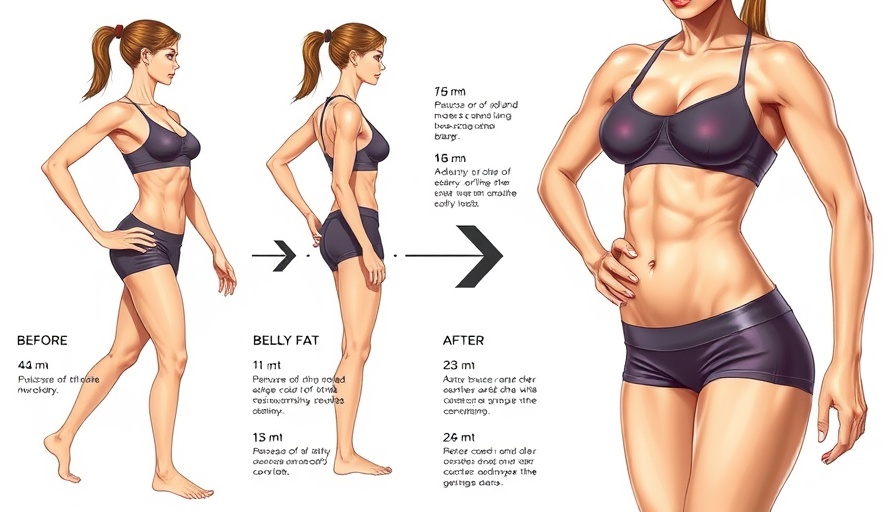
Understanding the Importance of Rest Days
For gym owners, the concept of rest days might initially feel counterintuitive in a culture that often glorifies relentless dedication to fitness. However, understanding the importance of rest days is paramount in facilitating not only personal strength gains but also maintaining a healthy and effective gym environment. When clients are programmed to understand that rest is just as critical as active training, they create sustainable routines that yield long-term results.
The Role of Recovery in Muscle Growth
Recovery days allow the body to heal and adapt after strenuous workouts, which is essential for muscle development. When we exercise, we create small tears in muscle fibers. It’s during periods of rest that muscle tissues repair and grow. Without sufficient recovery time, gym-goers risk overtraining, which can lead to injuries, fatigue, and setbacks in their fitness journeys. Consequently, gym owners can position themselves as advocates for recovery by educating clients about its integral role in achieving fitness goals.
Balancing Workout Intensity with Rest
Finding the right balance between workout intensity and rest is crucial. It’s recommended that individuals incorporate at least one or two rest days into their weekly routines, depending on their training intensity and personal fitness levels. Gym owners can support this by creating personalized workout plans that allow for flexibility and encourage clients to listen to their bodies. An approach that promotes a healthy dialogue around rest can ultimately enhance retention as members feel cared for and supported in their fitness journeys.
Complementary Recovery Techniques
In addition to taking time off from strenuous activities, integrating complementary recovery techniques can significantly enhance muscle recovery. Simple strategies such as foam rolling, yoga, or even light walking can facilitate muscle repair and combat soreness. Gym owners can leverage this knowledge by offering workshops or classes focused on these recovery strategies, reinforcing an environment that values health over sheer intensity. This shift not only benefits members but also strengthens the community aspect of the gym.
Addressing Misconceptions About Rest
One of the prevalent misconceptions in fitness culture is that taking rest days equates to a lack of commitment or discipline. Gym owners can play a pivotal role in changing this narrative by highlighting the science behind recovery. When members understand that muscle growth and strength cannot be optimized without adequate rest, they’re more likely to embrace those off days. Communality in pursuing a balanced approach can contribute to a culture of informed fitness enthusiasts.
Encouraging Sustainable Fitness Practices
Ultimately, emphasizing the value of rest days contributes to creating a more sustainable fitness culture among clients. As gym owners focus on fostering an environment that prioritizes overall health, members can thrive in their fitness endeavours without the fear of burnout. Sharing success stories of clients who have embraced this balanced approach can also inspire others to follow suit.
 Add Row
Add Row  Add
Add 




Write A Comment